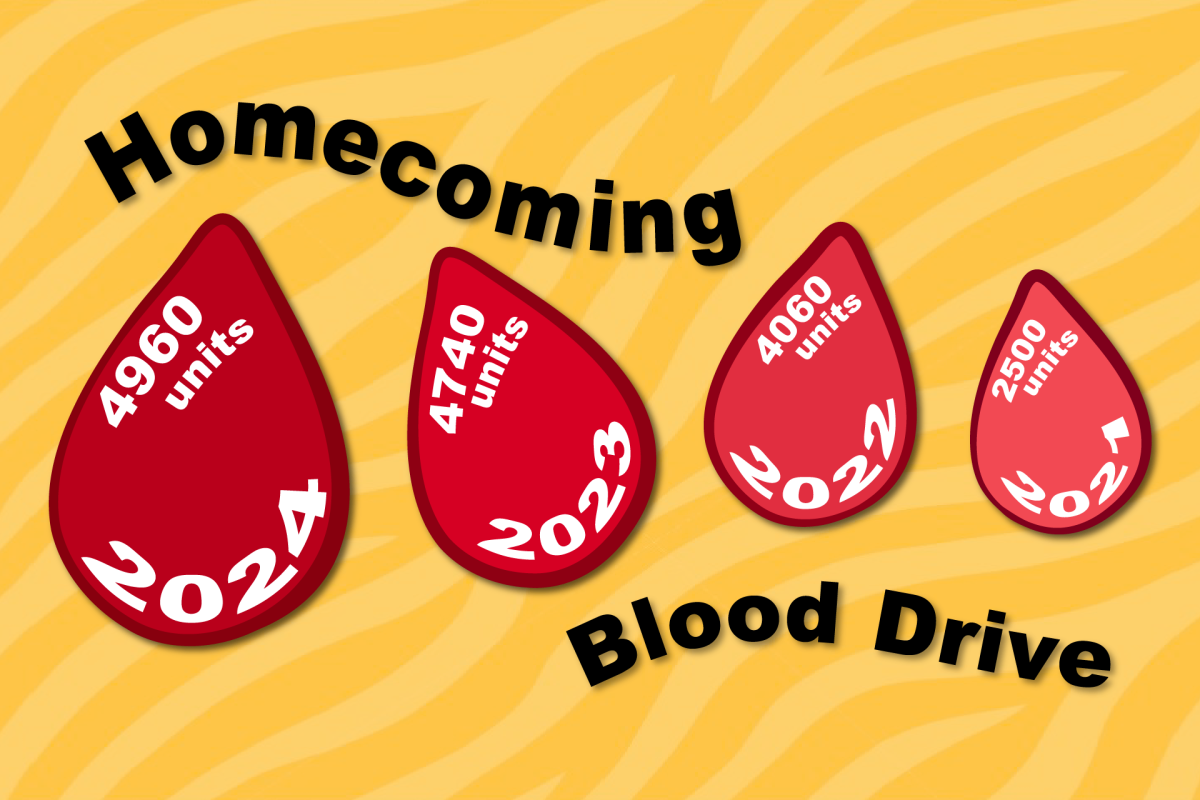Maggie Rogers’ break into the music industry is almost legendary — as a student at New York University, Maggie Rogers attended a masterclass taught by Pharrell Williams. She played the only song she could submit, moving Pharrell to near-tears. That song, “Alaska,” was one of the standout tracks on her 2017 EP “Now That The Light Is Fading.” “Alaska” is also present on Rogers’ newest album, “Heard It in a Past Life,” providing a constant reference point through this section of her career.
“Alaska” by itself is an excellent song. Rogers’ naturalistic lyrics ride over a bouncy, minimalist instrumental, combining into a catchy and serene pop song. The song also is a testament to Rogers’ prowess as a songwriter. While still a standout moment on the album, Rogers offers several other songs on an equal caliber to her breakout song.
Most apparently, the production on “Heard It in a Past Life” is scaled up from what was featured on “Now That the Light is Fading.” A dark instrumental, eerie verses and a cathartic dance chorus characterize “The Knife,” the track which precedes “Alaska.” Rogers’ lyrics are refreshingly evocative: “Maybe when the sun goes down/ I’ll come round, tell you all about/ When the knife of insight brought me to my knees.” The chorus of “The Knife” is teeming with colorful pianos and pleasant background vocals, while the driving synthesizer lines that dominate the verses take a backseat in the mix.
The more maximal feel of “The Knife” is an excellent direction for Rogers, and the track’s boldness is one of several moments where Rogers’ creative maturity shines through. Piano ballad “Past Life” is another such moment. Rogers’ confessional lyricism explores how fame has affected her life. As expected, her vocal performance matches the personal songwriting, and the stormy piano only intensifies the song’s emotionally-charged atmosphere.
“Past Life” is especially exciting because of how it showcases Rogers’ versatility. It’s a singular moment in her albeit brief discography that helps define her as not just an indie pop darling, but as a mature and capable young artist. “Fallingwater” shares some concepts with “Past Life,” but features glossier production, a more direct chorus and gospel background vocals. Across the album’s track list, Rogers demonstrates a stylistic freedom that lets her move from singer/songwriter confessionals, to serene electro-folk soundscapes, to full-blown pop anthems.
Singles “Give a Little,” with its sunny chorus and bright handclaps, and “Light On,” with its plucky, glossy production show that Rogers’ talents are not diluted when she crafts more pop-centric songs. The same dance influences that are heard subtly on “Alaska” and “The Knife” strongly come out here, offering propulsive and catchy rhythms that bolster each song’s bold chorus. While these songs do feature a sleeker, slicker aesthetic than other songs on the track list, they are both pleasant earworms even if they lack the rawness of some of Rogers’ older recordings.
“Heard It in a Past Life” highlights Maggie Rogers’ wide breadth of songwriting skill as well as her growing artistic maturity. Rogers deftly incorporates scaled-up, pop-centric production into her poignant songwriting. The album stands out largely due to Rogers’ stellar work as a lyricist and vocalist. The quirky dance influences scattered throughout the album add to the album’s appeal. For her major-label debut, Rogers provides plenty for old fans to enjoy, while still generating enough forward momentum to pick up new listeners as well.
_Edited by Joe Cross | [email protected]_








